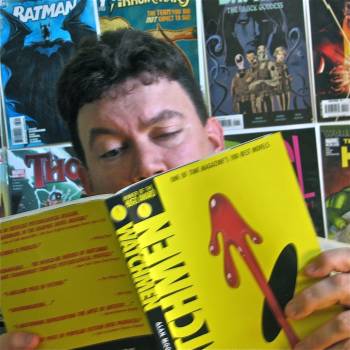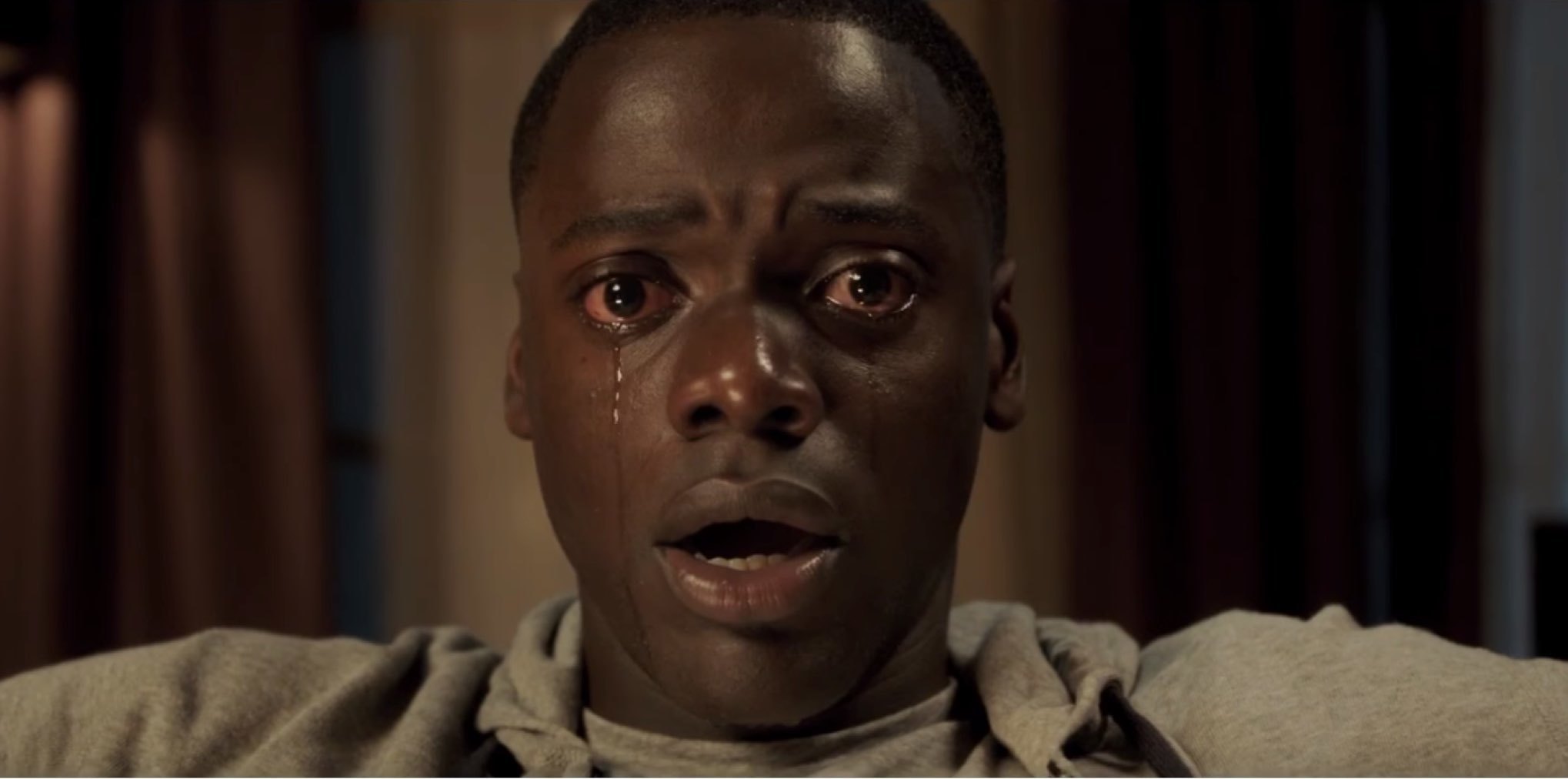About ten minutes before my screening of Logan, 20th Century Fox’s latest venture into the X-Verse, a family of four wandered in, popcorn and sodas in hand. Mom, Dad, two kids. Two very young kids. Like, ten-ish at best. I don’t judge. How you parent your kids is on you. Maybe these people did the requisite homework on Logan. Maybe they didn’t. I’m leaning toward they didn’t. They never left, so here’s to them for sticking it out. But if the countless F-bombs and butt shot from the Deadpool 2 teaser ahead of the feature didn’t waver them, I’m thinking the 137 minutes of Logan led to a few awkward family moments. When they got home, those parents might have had some ‘splainin’ to do.
Logan earns its “R” rating, and then some. Filmgoers amped up for a paint by number, CGI, save the universe extravaganza should be warned that disappointment lurks. Logan is an intimate character portrait unlike anything we’ve seen in the guise of a superhero movie to date; Nolan’s Batman trilogy included. And we are so better off for it.
It’s the year 2029. Logan (Hugh Jackman) is old. The indestructible mutant is worn out; limping, broken physically and mentally. We find him living out his existence driving a limousine, under the guise of his given name, James Howlett. He tolerates obnoxious, frat boy businessmen and bachelorette parties between alcoholic benders intended to help mask the pain he endures from the adamantium that has finally turned his body against him. It is a shock to see the once unbreakable X-Man in such disrepair.
In a way that isn’t fully explained in the film, the mutant population is nearly extinct. No new mutants have been born in years, and little hint to what happened is given other than a brief mention of ‘that thing that happened at Westchester.” It can be presumed that the aging Professor Xavier (Patrick Stewart), suffering from dementia and seizures, probably had something to do with it. Now over ninety years old, Professor X lives contained within an abandoned metal silo south of the border, hidden from the government that has deemed him the most powerful weapon of mass destruction in the world. He is cared for by the Albino mutant Caliban (Stephen Merchant) and Logan. The dynamic between Logan and Xavier is one of reluctant bedfellows. His respect and admiration for Xavier is ever present, but he assists in Xavier’s care more as a sense of duty than a preference. Xavier, in his moments of clarity, just wants to be able to pee in peace.
The story begins to take off when a frantic woman, Gabriela (Elizabeth Rodriguez), begs Logan to take her and an eleven year old mutant girl, Laura (Dafne Keen), to North Dakota, where a mutant haven called Eden supposedly awaits. They are being chased by cybernetically enhanced soldiers called reavers, led by Donald Pierce (Boyd Holbrook), belonging to the Transigen corporation, where Gabriela once worked as a nurse and cared for children who were being bred and raised as mutant soldiers. Laura, we learn, was bred using Logan’s DNA, and she shares her powers in the same capacity as her “father.” The apple does not fall far from the tree. Laura is as feral and ruthless as Logan, and we haven’t seen a tandem dish out this level of bloody mayhem since Hit Girl and Big Daddy patrolled the streets of New York. If you found the violence in Kick-Ass not to your liking, buyer beware.
When Logan, Xavier, and Laura are forced to the road in an old pick-up truck to flee the reavers, the film borrows elements from Mad Max: Fury Road, Midnight Special, and most notably the 1953 western, Shane. Logan becomes a classic chase movie, where the good guys do their best to stay a step ahead, even though we know confrontation is inevitable.
This is a film to be commended for foregoing conventional blockbuster enhancements. Director James Mangold chooses to linger instead on intimate character dynamics which are some of the best moments on screen. This feels like a true life expose on familial relationships. Of fathers and sons. Fathers and daughters. Of friends who have been through everything together and somehow lived long enough to ruminate together about all of it. Jackman and Stewart are the doing their best work with these characters. No other X-Men film comes close. And Dafne Keen is a revelation; equal parts unsettling in her ferociousness and admirable in her confidence on screen with these franchise heavyweights. But even as the film slows down in spots to wallow in intimate moments with its characters, have no fear, there is plenty of snicktedy snickt action to enjoy in all of its limb flying, bloody goodness.
Logan is an emotional ride, and there will be moments, especially at the end, that will resonate long after the credits have rolled. This isn’t going to be for everyone. Mystique isn’t going to pop in to save the day. Logan is the closest thing to a “real” movie the superhero genre has even gotten. There are no capes. No apocalypse. No eating of Shawarma. Just a broken old man and one final mission.
 STEVE CLIFTON has been writing moderately well on the Internet at this blog, Popcorn Confessional, for the better part of the last decade. His love for movies can be traced back to the North Park Cinema in Buffalo, NY circa 1972, when his aunt took him to see Dumbo. Now living in Maine, Steve routinely consumes as much film, television, and books as time will allow. He also finds time to complain about winter and Buffalo sports teams. He is a big fan of bad horror films and guacamole, and mildly amused by pandas.
STEVE CLIFTON has been writing moderately well on the Internet at this blog, Popcorn Confessional, for the better part of the last decade. His love for movies can be traced back to the North Park Cinema in Buffalo, NY circa 1972, when his aunt took him to see Dumbo. Now living in Maine, Steve routinely consumes as much film, television, and books as time will allow. He also finds time to complain about winter and Buffalo sports teams. He is a big fan of bad horror films and guacamole, and mildly amused by pandas.


